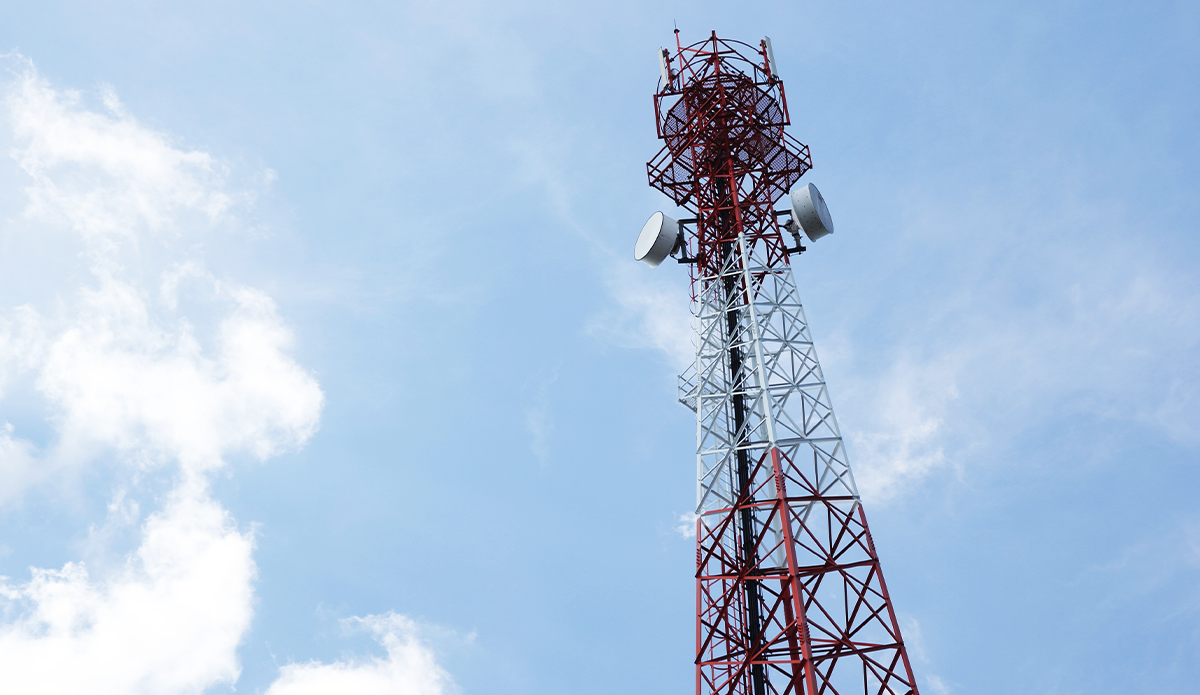Locked in and paying more?
Mid-contract broadband price hikes can leave you scratching your head and clutching your wallet.
Regrettably, they’re becoming more prevalent across internet suppliers.
We’ve got you covered, from the fine print behind price hikes to practical tips to help you dodge them.
Our experts are eager to break down the puzzles around mid-contract broadband pricing rises so that you can stay on top of digital connectivity, whilst keeping control of your budget.
When did Broadband Prices Increase?
You may have noticed that your monthly broadband price has quietly increased since April.
If you haven’t already, it’s a good idea to check your most current bill as soon as you can.
This latest price hike is the result of a significant increase in inflation that began in 2023.
As a result, a sizeable portion of subscribers have seen an unexpected increase in their monthly charges.
In some cases, this is up to 15%—a huge price increase that coincides with an ongoing cost of living crisis.
Even if you’ve agreed to a fixed monthly rate throughout your contract period, price rises are becoming regrettably common nationwide.
According to a recent Which? survey, customers could face an uplift of over £100 per year as a result of recent mid-contract broadband price hikes.
What are Mid-Contract Broadband Price Hikes?
Mid-contract broadband price rises are the act of increasing your current monthly price, whilst you are still in the middle of your contract.
Typically occurring annually, these adjustments are linked to the Consumer Price Index (CPI) inflation rate, which is published each January.
This amalgamation often results in an annual price increase of approximately 4-5%, regardless of the initial rate you agreed upon when entering your contract.
Price rises are imposed to help suppliers offset the mounting costs associated with running a business and providing their internet service.
However, the anomaly in 2023 emerged due to an unusually high CPI rate of 10.5% recorded in January.
As a result, the ensuing broadband contract price adjustments for 2023 exceeded the norm and left a lot of us reeling.
Some prices rose by a shocking 14.4% this year!
Can I Switch Deals if my Bill Goes up?
You might be thinking “Well, surely I can just switch deals to avoid any mid-contract broadband price hikes?”
It’s unfortunately not always that simple.
This depends on the contract you signed up for with your existing supplier.
When you take out a new broadband deal, you agree to accept the terms and conditions put in place by your supplier.
These days, most T&Cs tend to mention that their prices will increase mid-contract, in line with inflation.
This might be tucked away within the fine print of your contract, or maybe your supplier will be more upfront about it.
Either way, we always recommend re-reading your contract in detail – even if it feels like a chore!
If your contract does not include any mention of mid-contract price rises, you have 30 days to switch fee-free.
If it does mention price rises, you could face an exit fee.
You’ll find information about your exit fees within your T&Cs.
What Are Exit Fees?
Exit fees are charges that you might face for leaving your current broadband deal before your contract period is up.
In some cases, you may have to pay for the remaining months left of your contract, but this varies depending on your supplier.
This is something our experts can investigate in depth for you.
Do any Suppliers Offer a Guaranteed Fixed Price?
Some internet suppliers do guarantee you a fixed ‘price for life’ – you just have to know where to look!
We’ve made it easy to search all the latest broadband deals from a range of suppliers in your area.
If you’re approaching the end of your contract when you find out about a price hike, the time couldn’t be better to switch and save!
One of our trusted suppliers, Neatley, offers every customer a fixed and affordable ‘price for life’ guarantee.
Find out more or get in touch directly on 0330 341 1954 today.








